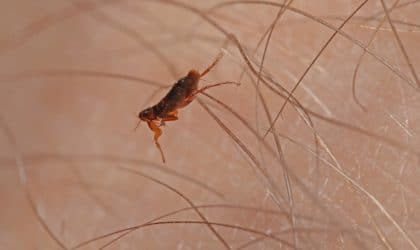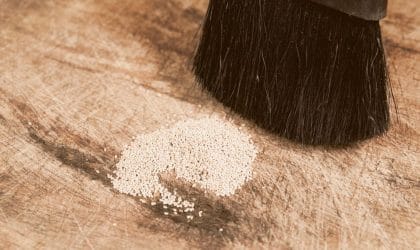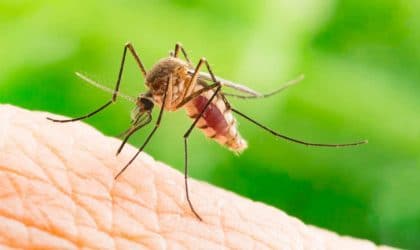Do Termites Eat Bamboo? Facts, Myths, and Prevention Tips
Are you considering using Bamboo in the construction of your new build home? Maybe you are thinking bamboo floors would be an excellent addition to the interior of your home? If you life in a termite-friendly area, it's smart to ask the question: do termites eat bamboo? In this article, you'll learn everything you need to know about this alternative building material, and if it's safe to use if you are in an area that's well known to house termites.
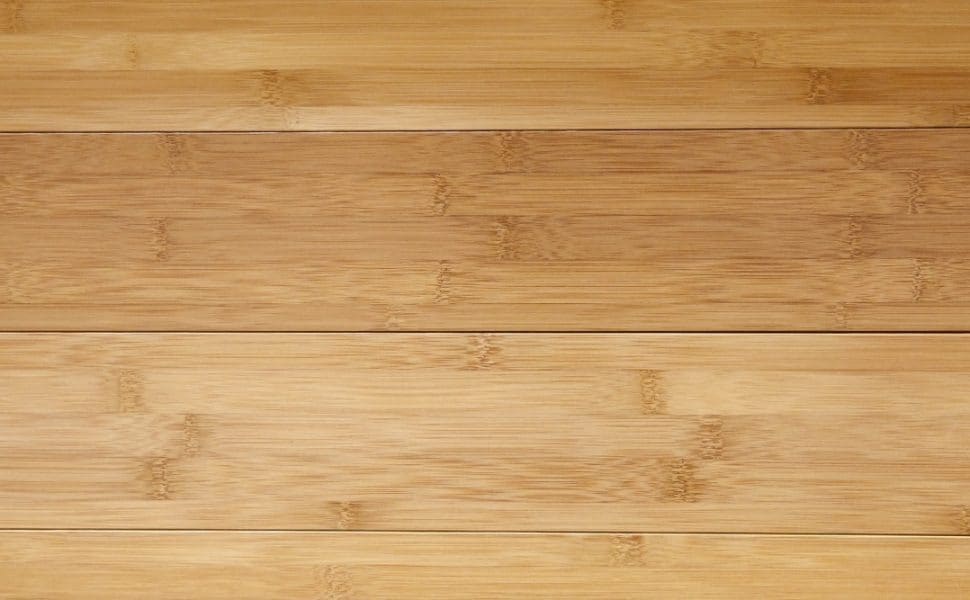
Bamboo is one of mother nature’s best gifts. It’s strong, versatile, and durable for something that’s not actually wood. It’s used in interior and exterior decorating, and it’s commonly becoming more popular to use for your flooring.
But since it’s not wood, you’d have to ask. Do termites consume bamboo too? Is it part of their diet even though bamboo is actually grass? You may be questioning this if you are thinking of remodeling your home, or adding some bamboo plants to the interior or exterior of your home.
Before you do, Read on. We will look at what bamboo is, and the many uses it’s become popular for throughout our homes. We’ll also talk about bamboo and termites, to help you make an educate decision if this is a material you’ll be using in your home. Let’s jump in!
How is Bamboo Used?
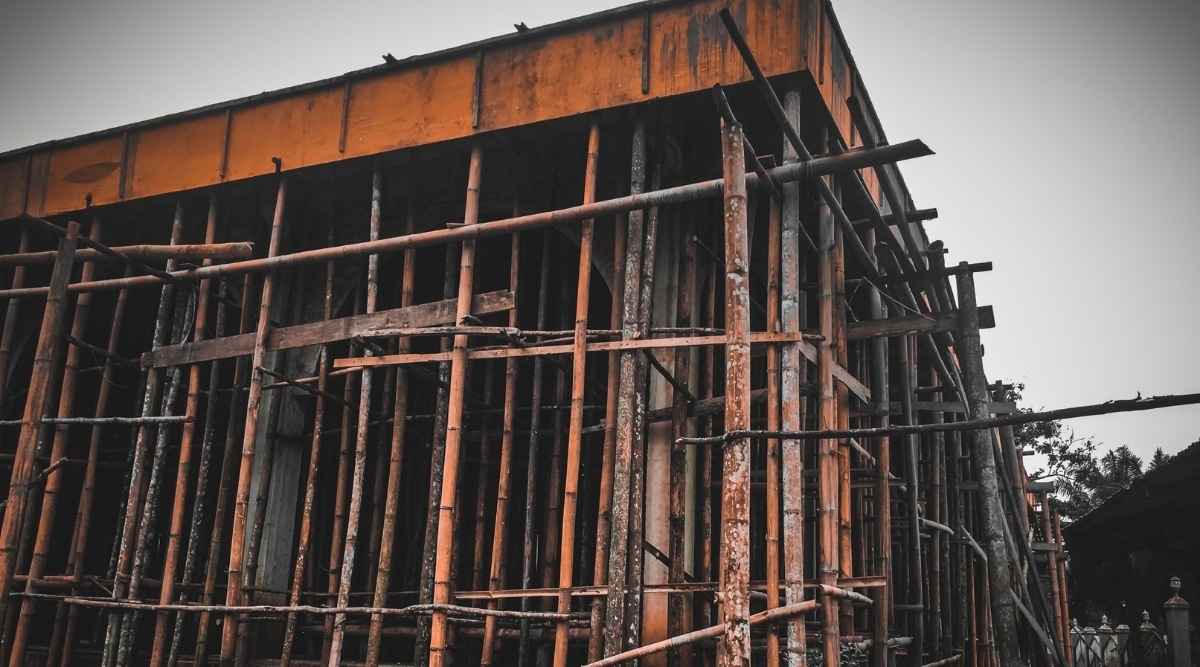
Bamboo is known worldwide as a very flexible material to work with. The most common uses for the humble bamboo involve constructing buildings, houses, and furniture. But that’s all changed because now, there are even bamboo decorations, sculptures, and even clothes and bamboo bicycles!
What’s So Great About Bamboo?
Even though it’s technically classified as grass, bamboo is as strong as wood. Here are only some of the benefits of using bamboo for your house:
- It’s environmentally friendly.
- When bamboo is processed, it doesn’t leave major wastes behind.
- It’s strong enough to resist cuts.
- Asian countries prefer bamboo because it doesn’t break, and it’s readily available.
- But, it’s flexible enough to make curves and other tricky lines and shapes.
- Bamboo floors are easy to maintain. Just vacuum them regularly.
- Bamboo is also slightly water-resistant, unlike wood that absorbs water.
- It’s durable. Some bamboo types can be so durable that they can rival red oak.
- Manufactured strands can even be more hardwearing than that.
- It can be termite and ant resistant.
- Treated bamboo is boiled to remove sugar and starches.
- It’s then kiln-dried to get rid of moisture.
- Termites are less likely to eat treated bamboo due to the lack of sugar and starches.
- Bamboo can also be slip-proof and fire-resistant.
- Manufactured and treated bamboo can prevent you from slipping on it.
- It can also preemptively prevent unintended fires.
Can Termites Actually Eat Bamboo?
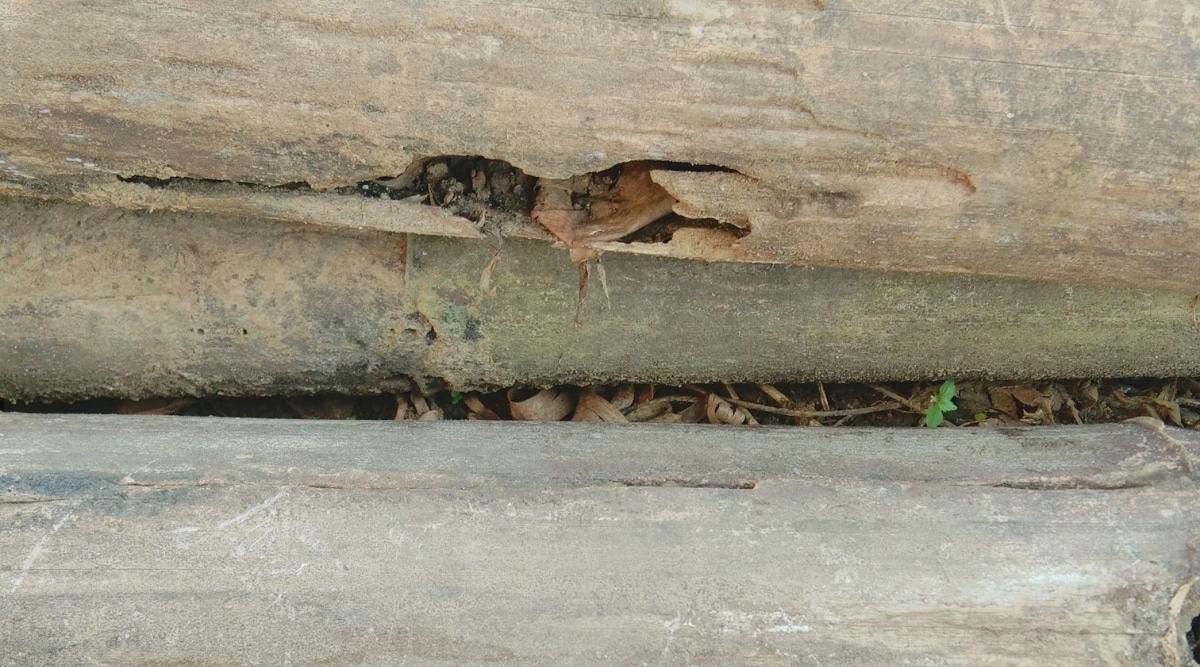
A lot of people think that bamboo doesn’t get eaten by termites. But that’s not true. A lot of people certainly think that since bamboo isn’t wood, termites won’t eat it. Just like crickets have a varied diet, termites can and do eat bamboo.
These bugs can actually gnaw their way through it if it’s untreated. This is because of that starch and sugar that needed to be removed in the first place. Termites also have protozoa in their stomachs. It’s bacteria that produce enzymes that help in digesting cellulose and other hard substances.
Drywood termites are what mostly terrorize bamboos. They build their nests inside culm parts. And you can only ever see them until the infested bamboo starts breaking apart. Many times, broken bamboo is mistaken for dry rot, when in fact, it’s actually termites.
Is Bamboo Used in Home Construction?
So how do you use bamboo? Can it be used in the construction of a home? How do you keep bamboo furniture and floors without worrying about pesky termites inside the house?
You may be surprised to learn, that yes, Bamboo can be used in the construction of a home, and it’s often used to form the interior walls of a home in certain countries. It can be a cost-effective way of constructing a residential home in areas where wood isn’t readily available.
But there’s some tips you’ll want to follow if you plan to keep the termites out. Follow the steps below to ensure your home is protected from these unwanted pests.
Use a Concrete Foundation
For bamboo flooring, use termite-resistant materials as foundation. These can be termite-resistant concrete, steel or physical barriers that pest control recommends. Whatever the case, you just have to make sure that the bamboo used for your house doesn’t touch the ground.
Use Borates
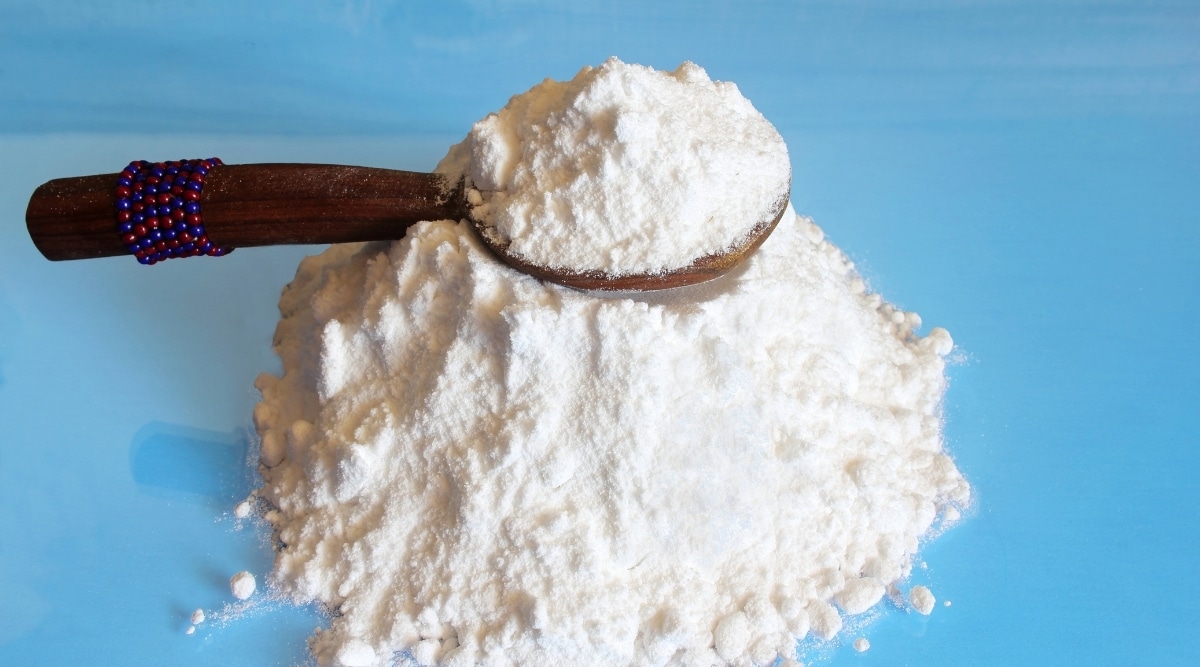
For bamboo flooring, SF Gate’s Home Guides tells us that the best option would be to buy borate-treated bamboos or to coat the bamboo with borate yourself. It’s a cost-effective and natural way to treat the problem.
Boric acid has a seriously devastating effect on termites. It kills the protozoa in the termite’s stomach, so termites basically starve to death after having their first bite. A lot of manufacturers have opted to laminate bamboo with this acid to make them termite-resistant.
For Bamboo Living, borates have a lot of benefits for houses with contemporary bamboo designs:
- For starters, it’s low in toxicity.
- Borates are relatively safe when in use.
- It’s not difficult to use.
- The acid dissolves in water like salt, so it’s easy to treat a variety of wood, not just bamboo.
- A borate treatment isn’t that expensive.
- It’s not only toxic to termites. It’s toxic to fungi and other bugs too.
- And it slows down weathering making the bamboo last even longer.
Wrap Up
Now you know that bamboo isn’t as invulnerable to termites as you might have thought. Consider using borates if you want to keep that contemporary and Asian vibe in your modern home.
So, while bamboo may be slightly more resistant to termites than actual wood, bamboo isn’t completely immune. You’ll want to plan carefully if you plan to use it as a construction or flooring alternative. With preparation, you can keep your home, plants, and floors termite-free.
Share this post
Save time and money on pest control
Subscribe to expert DIY pest control tips, pest control product reviews and information.

